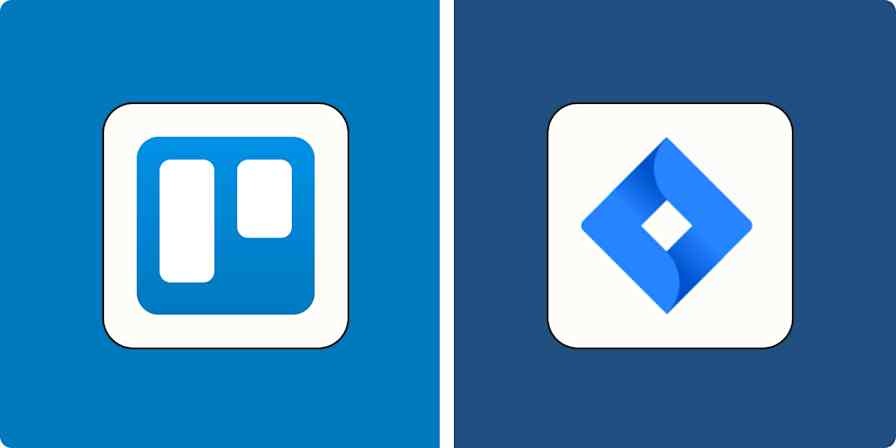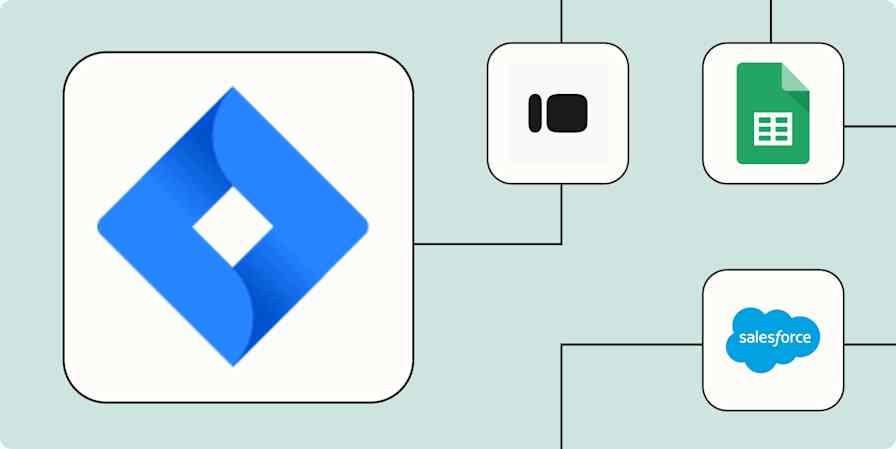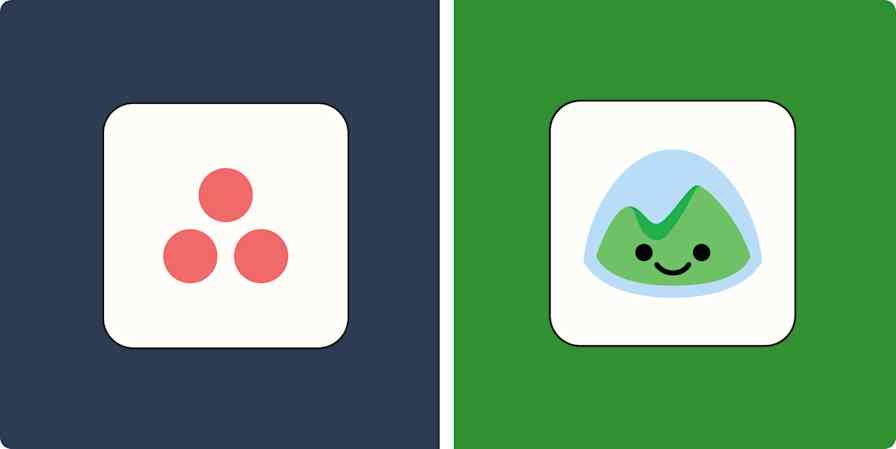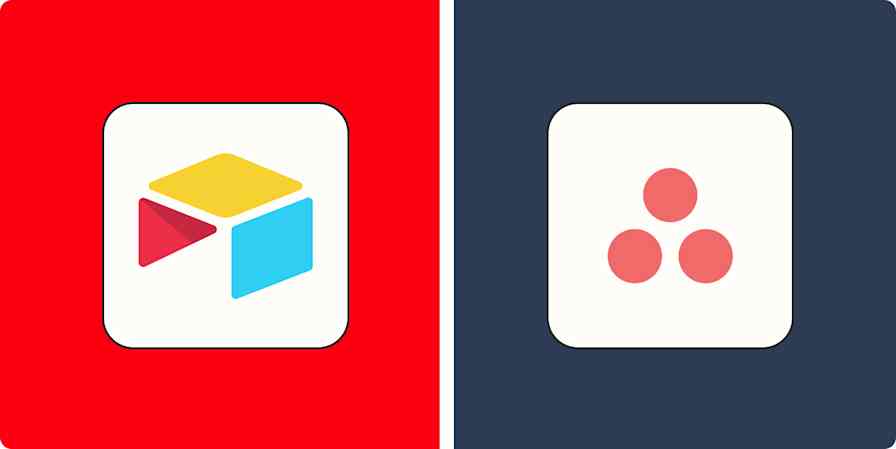Automation inspiration
2 min read4 ways to automate Podio with Zapier
By Hannah Herman · May 17, 2024
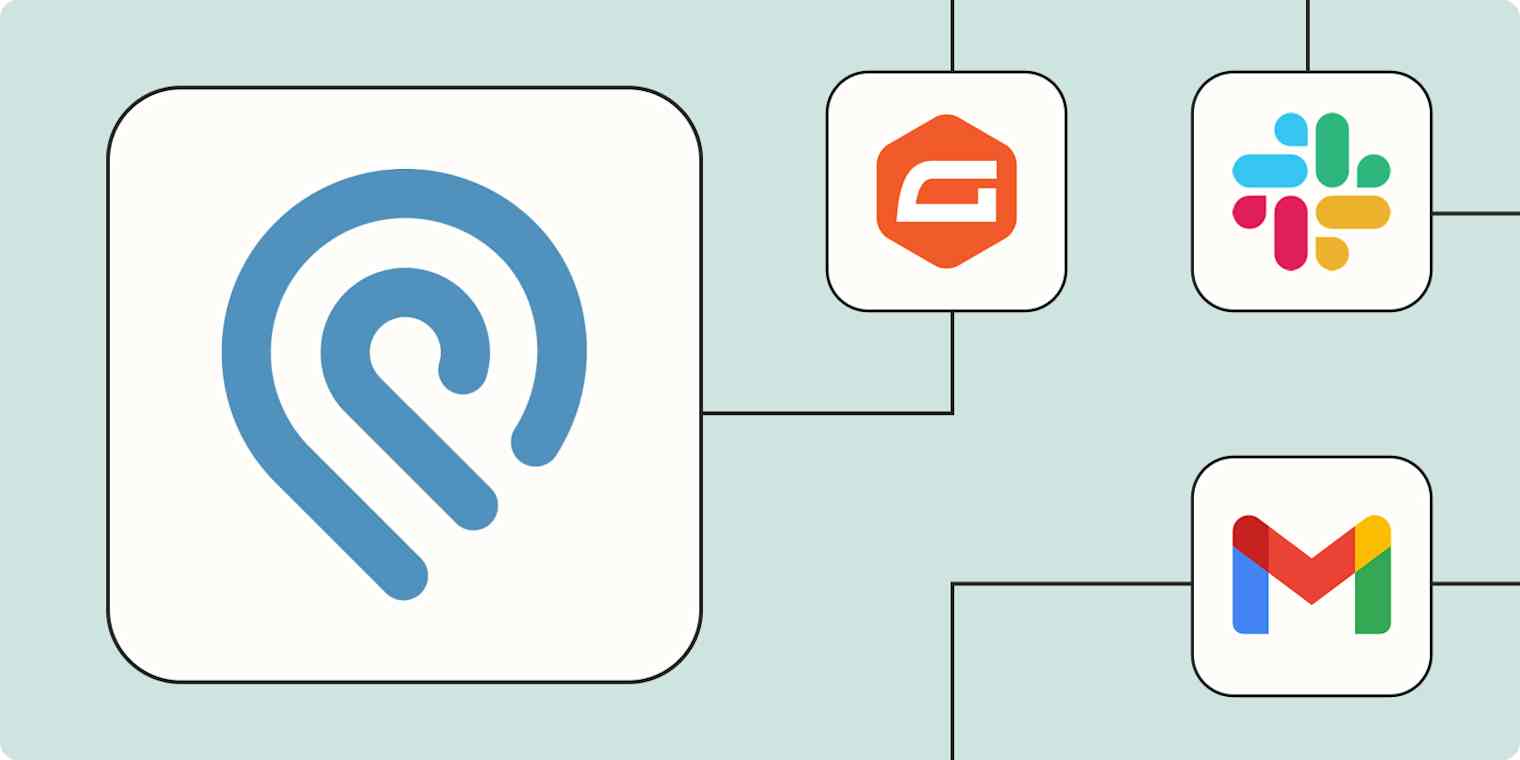
Get productivity tips delivered straight to your inbox
We’ll email you 1-3 times per week—and never share your information.
mentioned apps
Related articles
Improve your productivity automatically. Use Zapier to get your apps working together.

